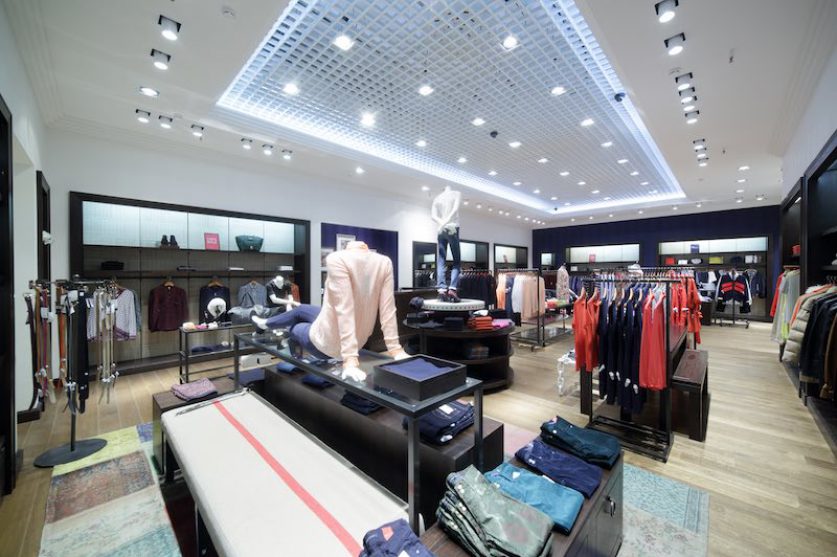
The high cost of business energy bills is weighing on retailers’ minds and balances sheets as we enter 2020.
According to a survey by energy supplier E.ON, 56% of retail energy leaders half anticipate their energy bills will rise this year. A third (30%) cited energy costs as one of their biggest concerns for the year, after the wholesale cost of goods (63%) and business rates (38%).
A third (30%) said energy costs directly impact their business’ competitiveness, more so than rent (29%) or insurance (20%) costs.
However, many retailers are leaving savings on the table by not adopting energy management or efficiency technologies. 38% haven’t introduced these measures into their shopfronts and warehouses, E.ON found, with many (38%) citing the high upfront costs of implementation.
For instance, just 10% of retailers have increased their business’ sustainability by installing a business energy management system or implementing building control strategies. Just 3% have invested in on-site renewable generation, including with solar panels and wind turbines.
A fifth (21%) said they didn’t think they’d make enough savings through these measures to justify the outlay.
E.ON’s findings echo those of Npower, which, in October found that just 18% of business energy managers are prioritising sustainability, with half (50%) most focused on saving money.
However, the Carbon Trust estimates that a 20% decrease in energy use has the same impact on a business’ bottom line as a 5% increase in sales.
E.ON urged businesses to view energy efficiency as an investment—in their business and the future of the planet—and not a cost.
And not all energy efficiency measures require a large investment. Many retailers are adopting low costs measuring, including installing LED lighting (46%) and asking their staff to be more energy conscious (35%).
And with retail transforming, energy consumption—and thus the importance of sustainability—could rise. Three-fifths (59%) of respondents said they were planning to make their stores less focused on products and more on engaging experiences for consumers and more than half (54%) believe those changes will increase their energy usage.
Iain Walker, Director of Energy Sales at E.ON, said: “With financial pressures from increased wholesale costs and business rates – not to mention the uncertainty caused by Brexit and the recent election – energy efficiency is not at the top of many retailers’ to-do lists.
“Yet, at a time of unprecedented disruption, energy technologies and efficiency measures offer retailers not only a genuine opportunity to help protect their margins but also help in meeting carbon reduction targets and in improving the air we breathe.”
E.ON supplies around 500,000 British businesses, with a 15.9% share of the B2B electricity market and 7.2% of the gas market.




